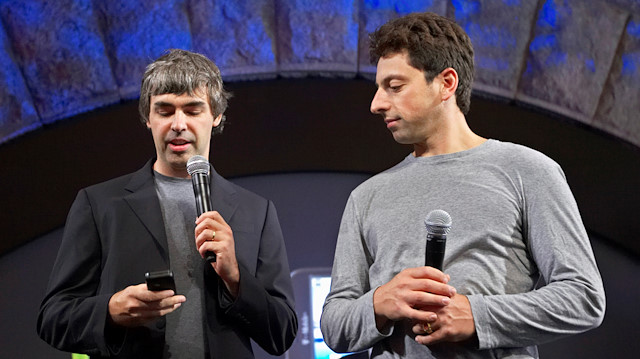
'MOONSHOTS' AND REGULATORS
Page and Brin developed the core Google search technology while they were still graduate students at Stanford, and it quickly proved far superior to competing search engines of the early Internet era.
By the time it went public in 2004, Google dominated Web search and was on its way to becoming a household name and the most powerful force in the global advertising business. The young co-founders also nurtured a free-wheeling, engineering-driven culture that became a model in Silicon Valley, which is littered with startups launched by Google veterans.
Pichai, 47, who has spent 15 years at Google, rose to prominence while leading development of Google's Chrome browser. He later led product development and engineering across all of Google's services for a year before gaining the CEO title.
Page and Brin are active in a range of non-Google ventures. Page funded a company attempting to develop flying cars, and Brin at a conference last year discussed a budding interest in cryptocurrency. The Alphabet structure was designed in part to let them pursue new "moonshot" projects.
Investors and regulators, however, were never completely sold.
Alphabet had used the separation between Page's and Pichai's roles to defend its limited financial disclosures about YouTube and other large Google businesses when the practice was questioned by U.S. securities regulators in 2017.
It contended that publicly reported financial results were in line with what Page reviewed as Alphabet CEO. Regulators did not take further action, but the company's stance has frustrated investors trying to evaluate its performance.
Alphabet declined to comment on whether public financial reporting would change with Pichai assuming both CEO positions.


